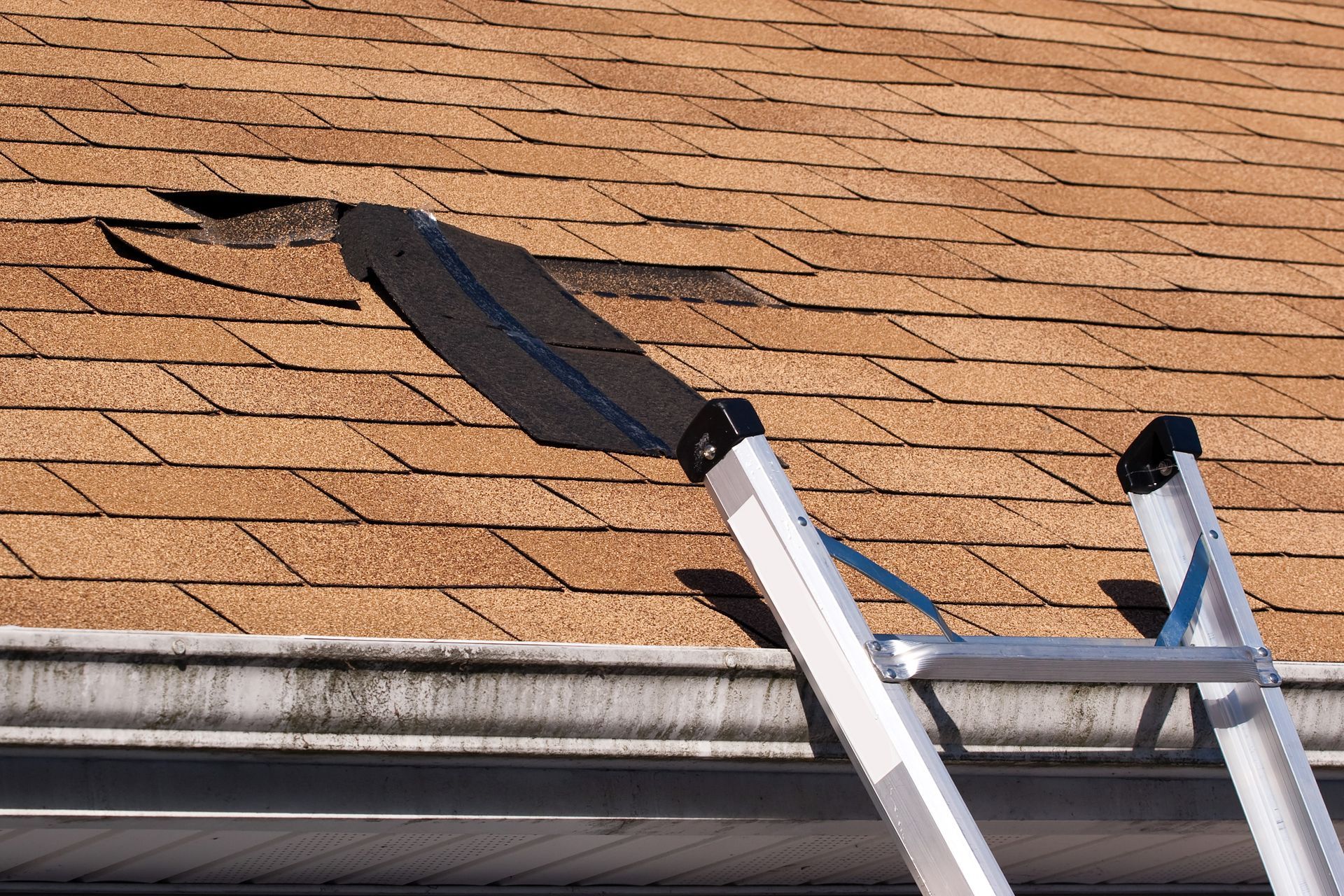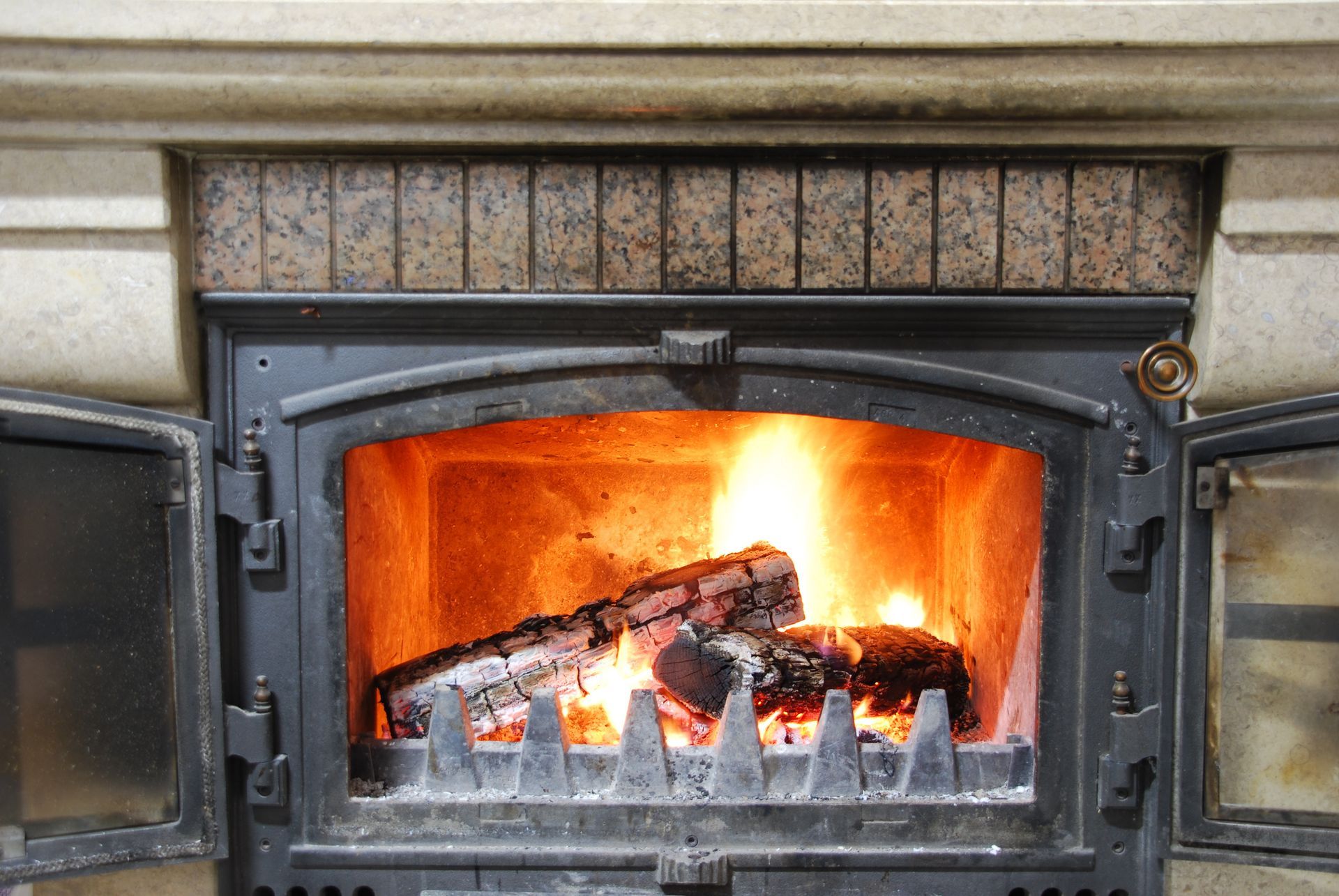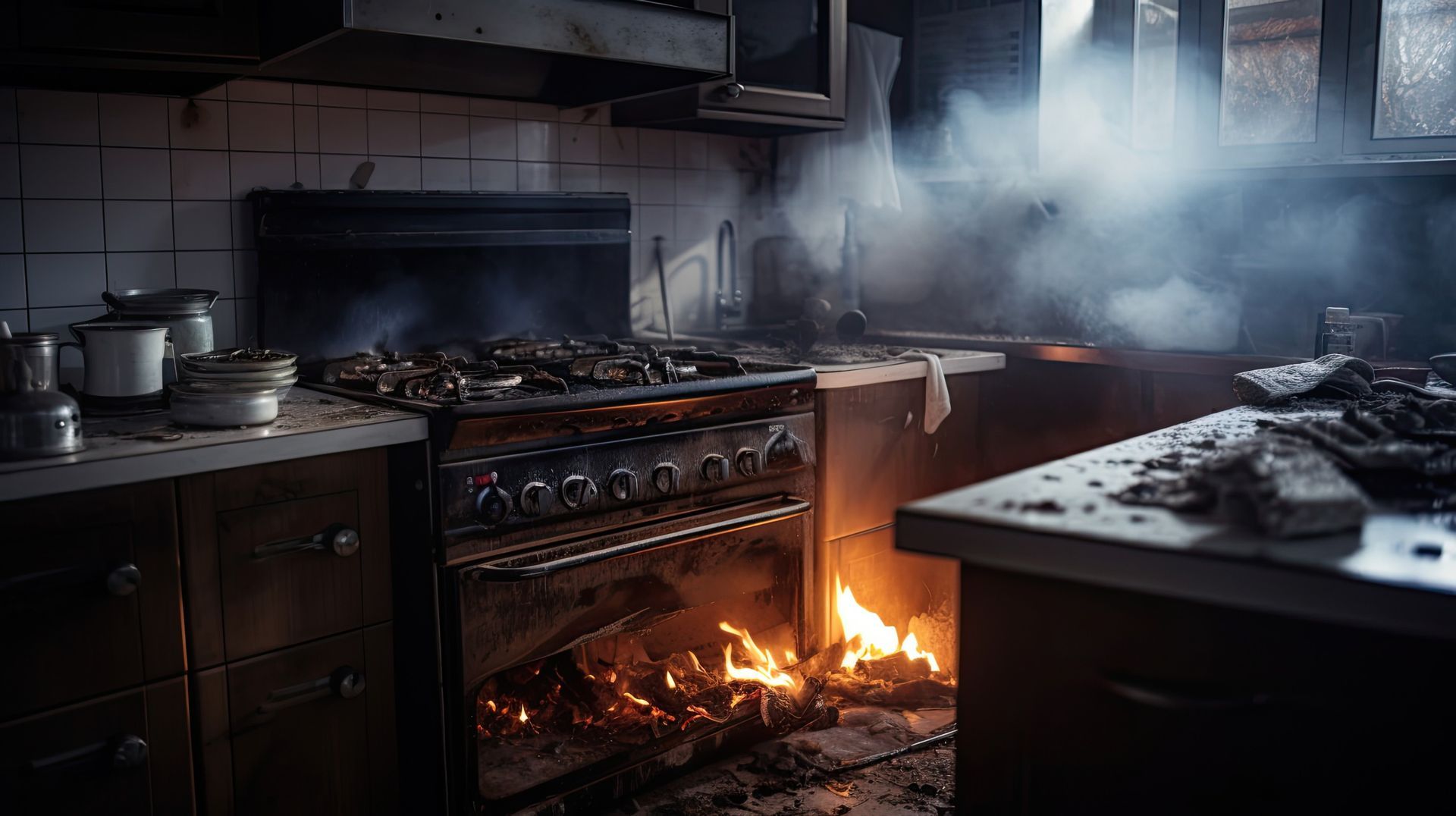What to Expect in a Home Inspection: A Comprehensive Guide
What to Expect in a Home Inspection: A Comprehensive Guide

Buying a home can be a significant milestone in anyone's life. However, it's crucial to carry out a thorough home inspection to protect your investment. A home inspection aims to identify potential issues in the property before buying it. In this comprehensive guide, we'll go over what you should expect during a home inspection process.
Understanding the Purpose of a Home Inspection
At its core, a home inspection is an essential step in buying a property. Its primary purpose is to safeguard you, as the buyer, from unexpected issues that may arise after purchasing your home.
By identifying potential issues during the inspection process, you can avoid costly repairs and maintenance expenses.
Protecting Your Investment
When purchasing a property, you want to ensure your investment is protected. That's why carrying out a comprehensive home inspection is crucial. This inspection ensures that the house is safe, structurally sound, and has no hidden issues that may affect its value or pose safety risks to you and your family.
For instance, a home inspection can detect problems with the foundation, such as cracks, that may be invisible to the untrained eye. Without a proper inspection, these issues may go unnoticed and lead to significant structural damage, which can be expensive to repair.
The inspection can also identify potential safety hazards, such as faulty electrical wiring, that may pose a risk to the occupants. By uncovering these issues, you can take appropriate steps to address them before moving into the property.

Uncovering Potential Issues
A home inspection will cover both visible and invisible issues on the property. The inspector will assess the condition of the structure, foundation, plumbing, electrical system, roof, and other essential areas of the house. They will also check for mold, water damage, pests, and other potential hazards that may compromise the safety and value of your home.
For example, the inspector may check for water damage in the basement or crawl space, which can lead to mold growth and compromise the structural integrity of the property. They may also look for signs of pest infestation, such as termite damage, which can cause significant damage to the property over time.
Additionally, the inspector may evaluate the condition of the HVAC system, including the furnace and air conditioning units. They may also check the insulation and ventilation in the attic and crawl spaces, which can affect the energy efficiency of the property and your utility bills.
Negotiating Repairs and Price Adjustments
If the home inspection report identifies any issues, you may use it to negotiate with the seller for repairs or price adjustments. This report provides valuable information to help you make informed decisions about the property's purchase price and potential expenses.
For instance, if the inspection reveals a leaky roof, you may negotiate with the seller to have it repaired before closing the deal. Alternatively, you may ask for a price adjustment to cover the cost of the repairs.
Overall, home inspections are an essential step in the home-buying process. It helps you make informed decisions about the property and protects your investment from potential issues arising after the purchase. By hiring a qualified home inspector, you can ensure that your new home is safe, structurally sound, and free of hidden hazards.

The Home Inspection Process
The home inspection process typically takes several hours, depending on the size and complexity of the property. It involves four essential steps: hiring a qualified home inspector, preparing for the inspection, attending the inspection, and reviewing the home inspection report.
1. Hiring a Qualified Home Inspector
The first step in the home inspection process is to hire certified home inspectors. The inspector should have extensive experience and knowledge in inspecting residential properties. You can find a qualified inspector by asking for recommendations from your real estate agent or searching online for certified inspectors.
2. Preparing for the Inspection
To ensure a smooth inspection process, prepare the property before the inspector arrives. This involves clearing clutter, ensuring the utilities are on, and allowing access to all areas of the house.
3. Attending the Inspection
It's highly recommended that you attend the professional home inspection to learn more about the property and the potential issues identified during the inspection. Attending the inspection also lets you ask questions and gain insights into the home's condition.
4. Reviewing the Inspection Report
After the inspection, the home inspector will provide a detailed report outlining their findings. This written report will detail potential issues and highlight areas of concern that need attention. Reviewing the inspection report lets you make informed decisions about the property's purchase and determine the necessary repairs or price adjustments.

Key Areas of Home Inspection Checklist
The home inspector will inspect several areas of the property to identify potential issues. These areas include structural components, roofing and exterior, plumbing systems, electrical systems, heating, ventilation, and air conditioning (HVAC), interior spaces, insulation and ventilation, and fireplaces and chimneys.
- Structural Components - home inspectors will check for the property's overall stability by examining the foundation, walls, floor, and ceiling. Additionally, they'll assess the condition of the stairs, railings, and decks.
- Roofing and Exterior - the inspector will inspect the roofing, gutters, downpipes, and flashing to ensure the property is protected from water damage. Additionally, they'll examine the exterior walls, windows, doors, and garage to identify any issues.
- Plumbing Systems - the inspector will examine the plumbing system to ensure it's in good condition. They'll check for leaks, water pressure, drainage, and identify any issues requiring repair or replacement.
- Electrical Systems - the inspector will examine the electrical system to ensure it's safe and up to code. They'll check the electrical panel, wiring, switches, and outlets for potential hazards.
- Heating, Ventilation, and Air Conditioning (HVAC) - the inspector will inspect the heating, ventilation, and air conditioning systems to ensure they're in good working condition. They'll examine the furnace, boiler, air conditioning unit, and ductwork to identify any issues.
- Interior Spaces - the inspector will examine the interior spaces to ensure they're in good condition. They'll check the walls, floors, ceilings, and windows to identify potential issues.
- Insulation and Ventilation - the inspector will examine the insulation and ventilation systems to ensure they're adequate and in good condition. They'll check the attic, walls, and floors to identify any issues.
- Fireplaces and Chimneys - the inspector will examine the fireplaces and chimneys to ensure they're safe and in good condition. They'll check for cracks, blockages, and any issues that may pose a fire hazard.
Are You Ready to Sell Your Home?
Are you interested in selling your home? Are you looking for a cash buyer who can help you close a deal fast? If you answered yes to either of those questions, then you need to contact us right away! We’ll send you an offer for your home, no matter what condition it’s in or your reasoning for wanting to sell.
Contact us today and we’ll send you an offer within 24 hours!
You might also like
Book a Service Today
We will get back to you as soon as possible
Please try again later
Quick & Reliable
We are available 24/7 via fax, email or telephone
Navigation
Working hours
- Mon - Sun
- Open 24 Hours
Areas Served
| Hattiesburg, MS | Gulfport, MS | Olive Branch, MS | Southaven, MS | Jackson, MS | Southaven, MS | Brandon, MS | Ocean Springs, MS | Biloxi, MS |
10115 Devon Road Vancleave, MS 39565
Biloxi, MS | Brandon, MS | Gulfport, MS | Hattiesburg, MS | Jackson, MS | Ocean Springs, MS | Olive Branch, MS | Southaven, MS
All Rights Reserved | SellYourHouseFastMS.com | Terms & Conditions | Privacy Policy




